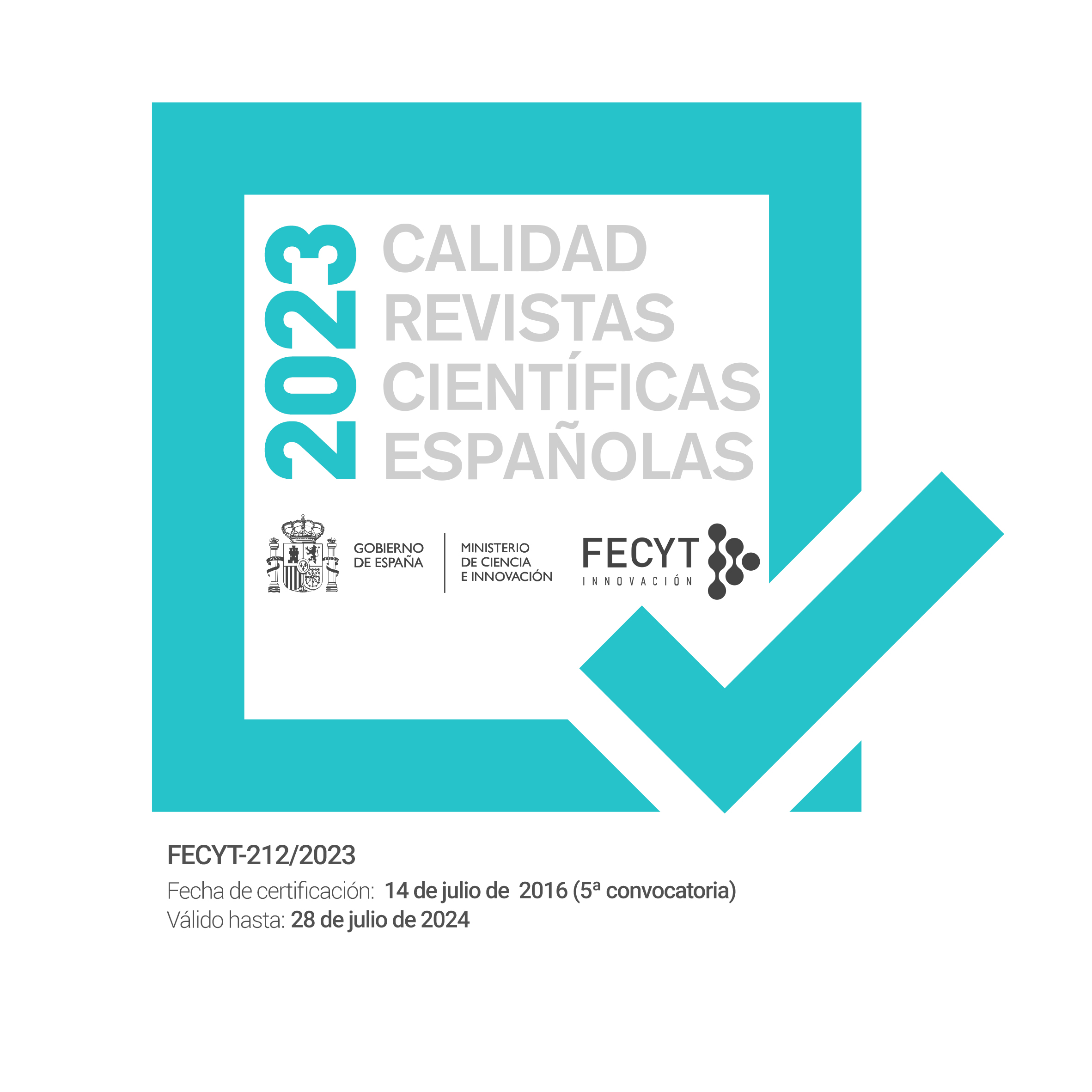El trasplante renal ortotópico(TRO) es útil en casos de aterosclerosis severa, trasplante heterotópico bilateral, anomalías vasculares pélvicas y en oclusión aórtica, pero no está disponible en todos los centros y sólo se realiza de forma excepcional.
ObjetivoRevisar la indicación, técnica quirúrgica y evolución del TRO en nuestro hospital.
Material y métodosSe recogieron todos los casos de TRO realizados desde enero-1990 hasta enero-2007, en total seis casos. Analizamos distintas variables: características demográficas, características del donante, tiempos de isquemia, evolución de función renal y morbi-mortalidad asociada.
ResultadosTRO izquierdo se ha realizado en cuatro hombres y dos mujeres. La edad media de los pacientes fue 52±5 años, todos los pacientes recibieron riñones de donante cadáver. La creatinina sérica y urea media al mes fueron 2,2±0,72mg/dl y 103±17,2mg/dl y a los 6 meses fueron 1,8±0,69mg/dl y 78±14mg/dl respectivamente. De forma inmediata todos recibieron profilaxis con heparina de bajo peso molecular pero al alta a dos pacientes se indicó antiagregación, a tres anticoagulación y a uno de ellos se decidió no anticoagular ni antiagregar por presentar historia de sangrados digestivos. Un paciente murió por episodio hemorrágico a nivel del injerto renal a los seis meses del trasplante, estando en tratamiento con dicumarínicos, indicados por trombosis venosa profunda en miembro inferior derecho(MID). La supervivencia al año es del 80% del injerto y del paciente. Sólo dos pacientes requirieron ingreso posterior, uno de ellos por presentar un episodio de diverticulitis y otro por un cuadro de fracaso renal obstructivo que requirió colocación de catéter pig-tail. Cuatro pacientes presentaron estenosis de vasos renales nativos detectada en la resonancia magnética nuclear de control no sintomática. Hay dos pacientes que llevan más de tres años trasplantados con función renal estable(creatinina 1,2mg/dl y 1,4mg/dl respectivamente).
ConclusiónTRO es una opción adecuada en los pacientes con co-morbilidad aumentada por ateromatosis y que no pueden ser colocados en las fosas iliacas.
Orthotopic renal transplant(ORT) is useful in cases of severe atherosclerosis, heterotopic bilateral transplant, unsuitable pelvic vessels and in aortic thrombosis, but it is not available in all the institutions and it is only realized of exceptional form.
AimTo review the indication, surgical technique and outcome of the ORT at our hospital.
Material and methodsThe studied included five cases between January 1990 and December 2005. We analyzed several variables: demographic characteristics, characteristics of the donor, ischemia times, evolution of renal function and morbi-mortality associated.
ResultsLeft ORT was performed in three men and two women. Mean patient age was 52±5 years, all the patients received kidneys from cadaveric donors. Mean creatinine and urea one month postoperative were 2,2±0,72mg/dl and 103±17,2mg/dl and at 6 months postoperative were 1,8±0,59mg/dl and 78±14mg/dl respectively. Immediately all patients received prophylaxis with low molecular weight heparin but it was indicated antiaggregation to two patients when they left the hospital, anticoagulation to two patients and to one of them was decided to anticoagulation nor antiagregation for history of bled digestive. A patient died for bleeding episode at level of the renal graft six months after the transplant, she was in treatment with dicumarinics, they were indicated by venous deep thrombosis in right leg. The survival a year is 80 % of the graft and the patient. Only two patients returned to hospital later, one of them for presenting an episode of diverticulitis and the other one for renal obstructive failure that needed laying of catheter pig-tail. Four patients presented stenosis of renal native vassels detected in control magnetic nuclear resonance, not symptomatic. There are two patients who take more than three years transplanted with renal stable function (creatinina 1,3mg/dl and 1,4mg/dl respectively).
ConclusionORT is an excellent option in patients with co-morbidity increased for atherosclerosis and that cannot be placed in the iliac fossaes.









